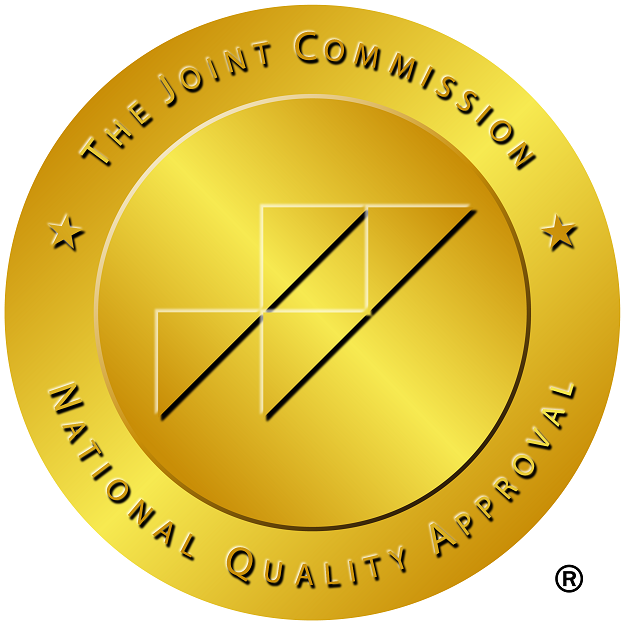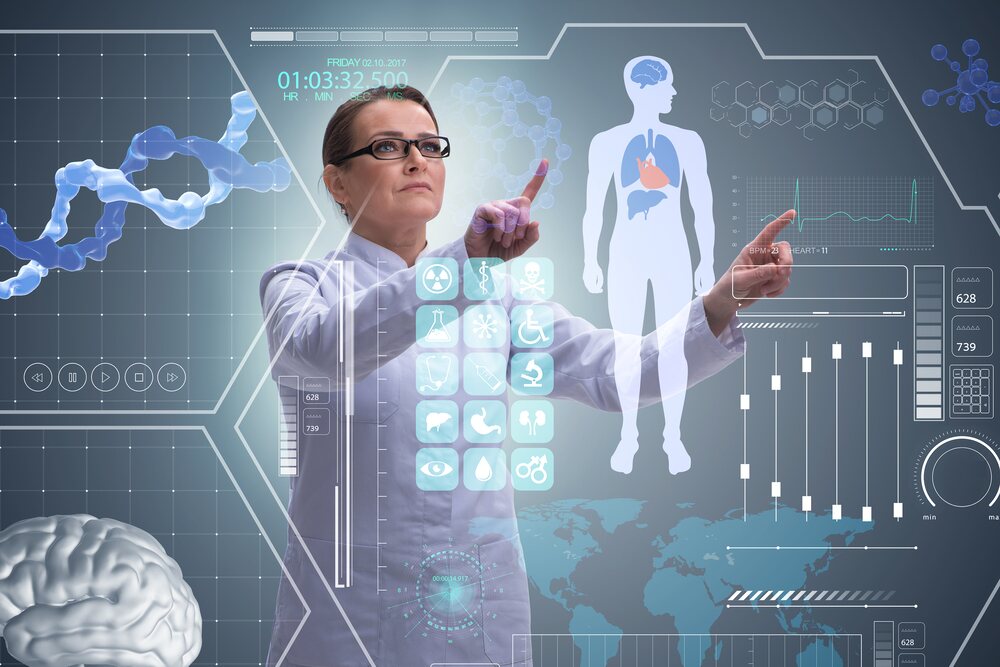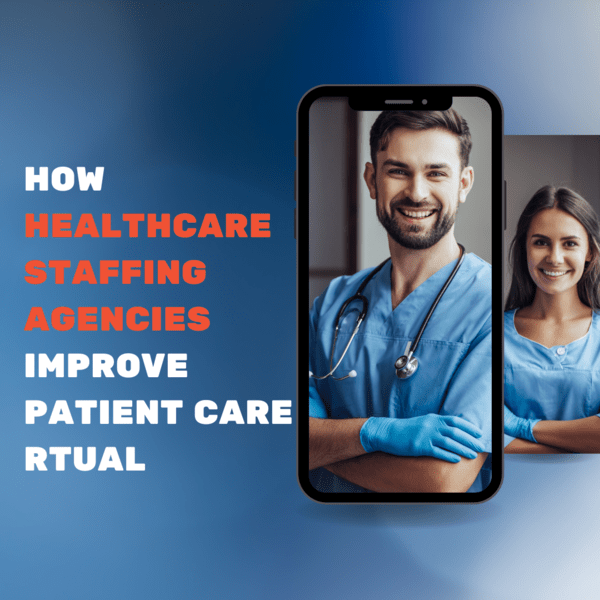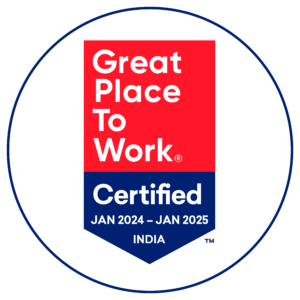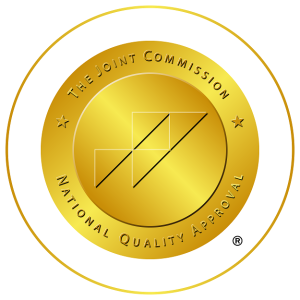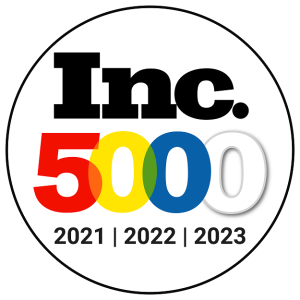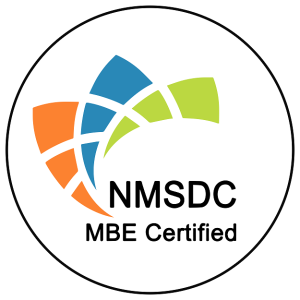The Impact of AI on Healthcare: A Comprehensive Look at Remote Patient Monitoring
In today’s rapidly evolving healthcare landscape, the integration of Artificial Intelligence (AI) is revolutionizing patient care and medical staffing. One notable area of advancement is Remote Patient Monitoring (RPM). This blog delves into the profound impact of AI on healthcare, mainly focusing on RPM and how it’s reshaping medical staffing.
Understanding Remote Patient Monitoring (RPM)
RPM Defined
The AI Revolution in RPM
Enhanced Data Collection
AI-powered devices can collect an array of patient data, including heart rate, blood pressure, oxygen levels, and more, with exceptional accuracy. This streamlines the monitoring process, providing timely insights for healthcare providers.
Benefits of AI-Powered RPM
1. Improved Patient Care
Patients experience enhanced care as AI continuously tracks their health, leading to quicker interventions and personalized treatment plans. This results in better health management, particularly for those with chronic illnesses.
2.Reduced Healthcare Costs
Early intervention and prevention of health complications through AI-driven RPM translate into reduced healthcare costs. Fewer hospital admissions and emergency room visits lead to significant savings for both patients & healthcare systems.
3.Optimized Medical Staffing
The integration of AI in RPM optimizes medical staffing by reducing the burden of continuous patient monitoring. Healthcare professionals can focus their expertise where it matters most, enhancing overall healthcare quality.
The Future of Healthcare with AI and RPM
As technology continues to advance, the synergy between AI and RPM will reshape healthcare delivery further. The possibilities include:
1.Expanded Home Healthcare
AI-driven RPM can facilitate more comprehensive home-based care, mainly for the elderly & patients with chronic diseases.
2.Telemedicine Integration
Telemedicine platforms can seamlessly integrate RPM, allowing for virtual visits with real-time data sharing between patients and healthcare providers.
3.Customized Treatment Plans
AI can develop highly individualized treatment plans based on a patient’s unique health data, genetics, and lifestyle.
Conclusion
The impact of AI on healthcare, particularly in the realm of Remote Patient Monitoring, is undeniable. It not only enhances patient care but also transforms medical staffing, making healthcare systems more efficient and effective. As AI technology continues to get advance, the future of healthcare looks promising, with improved patient outcomes and reduced costs being the driving force behind these innovations. Embracing AI is not just a trend; it’s a necessity for the healthcare industry to evolve and meet the ever-growing demands of patient care and medical staffing.

